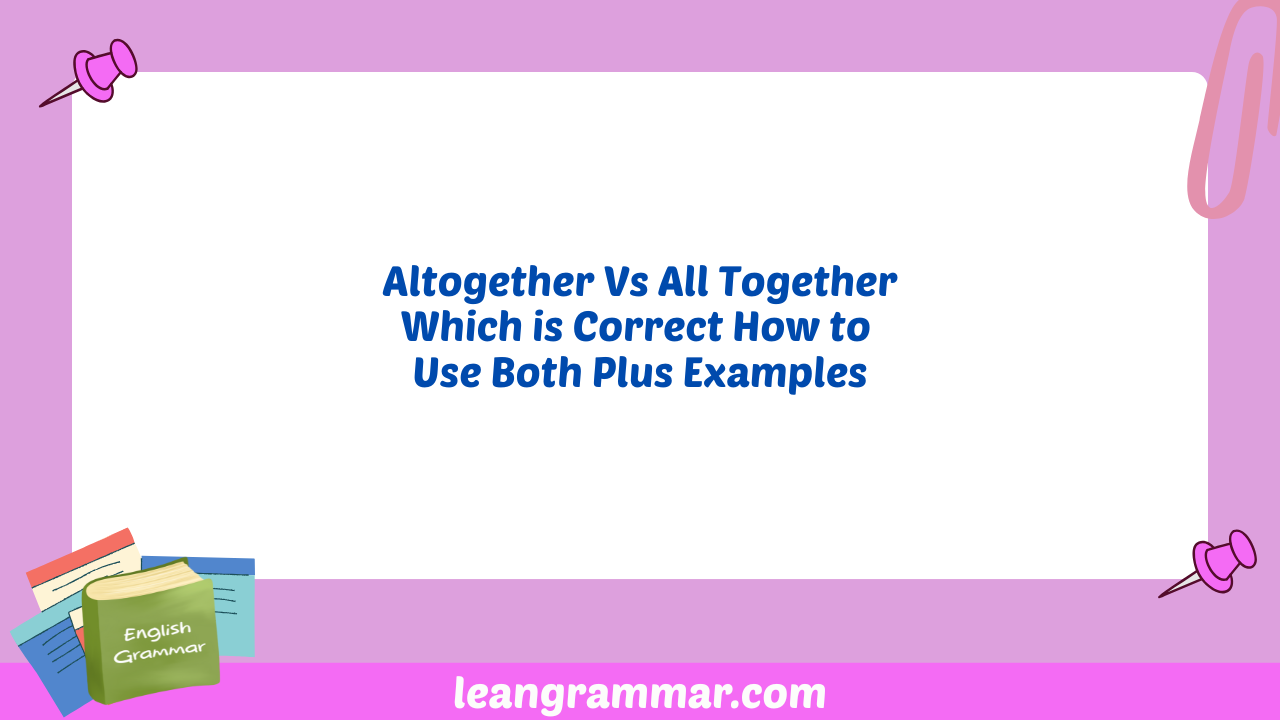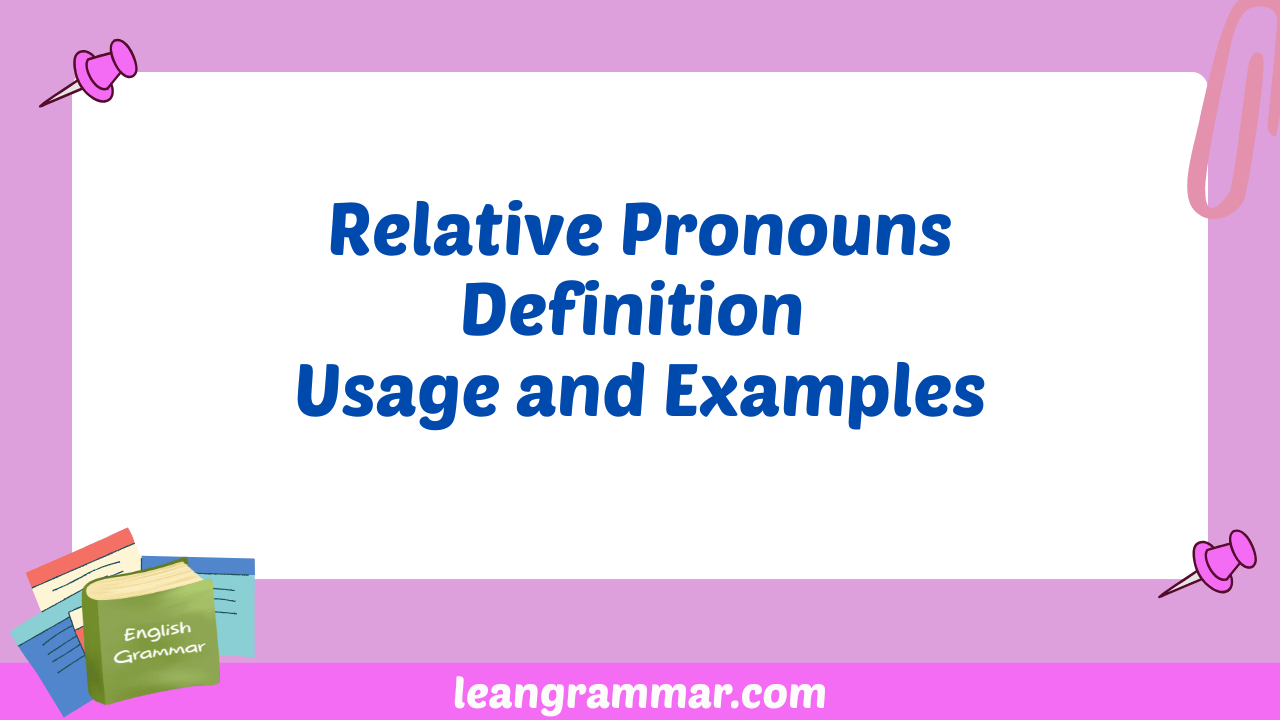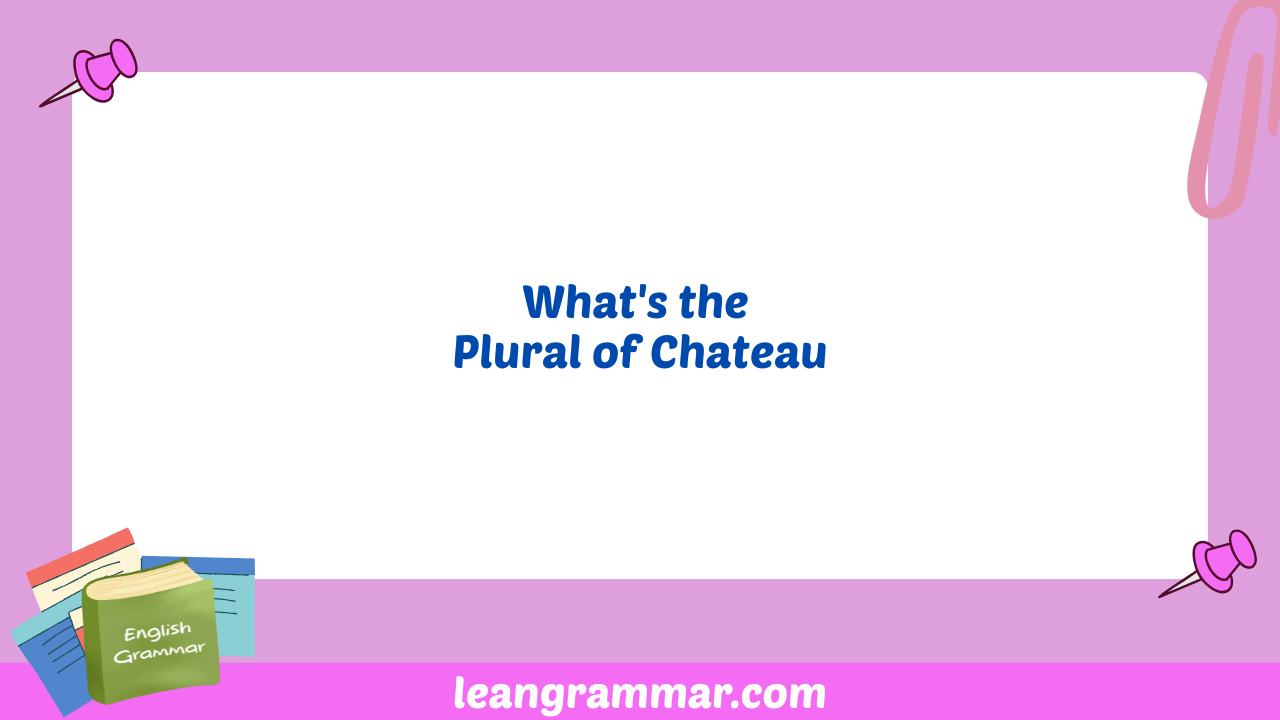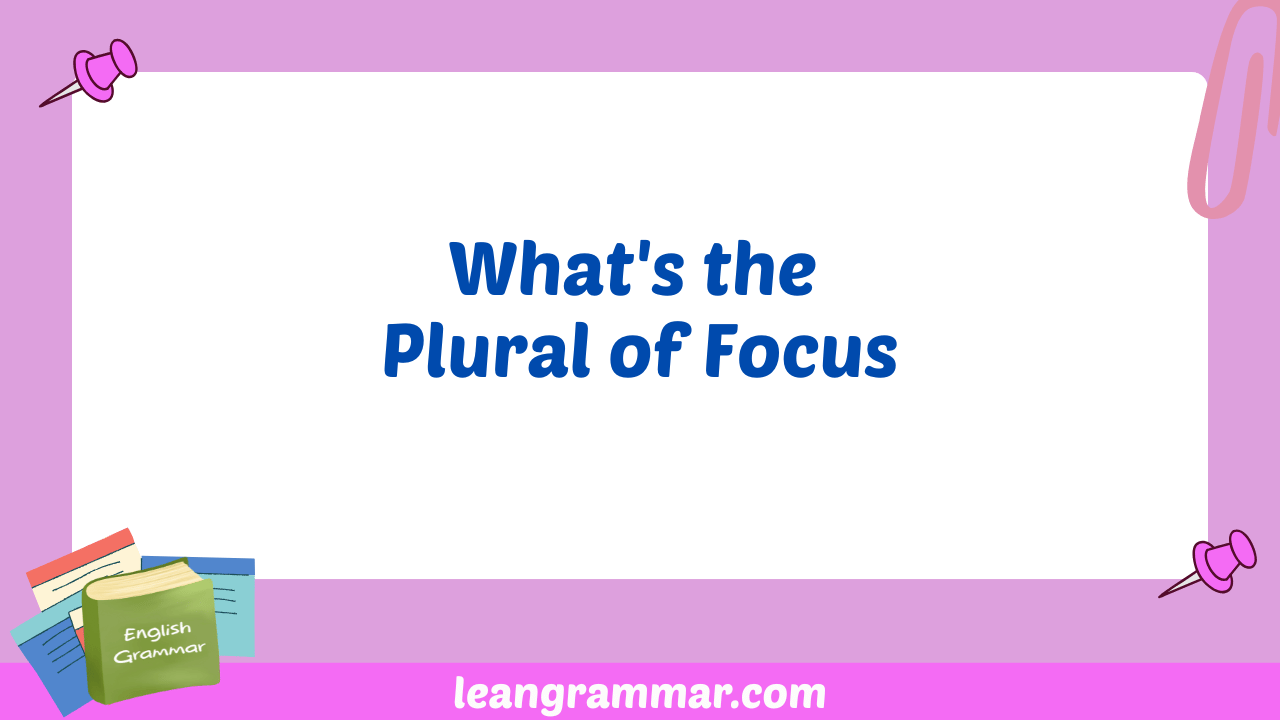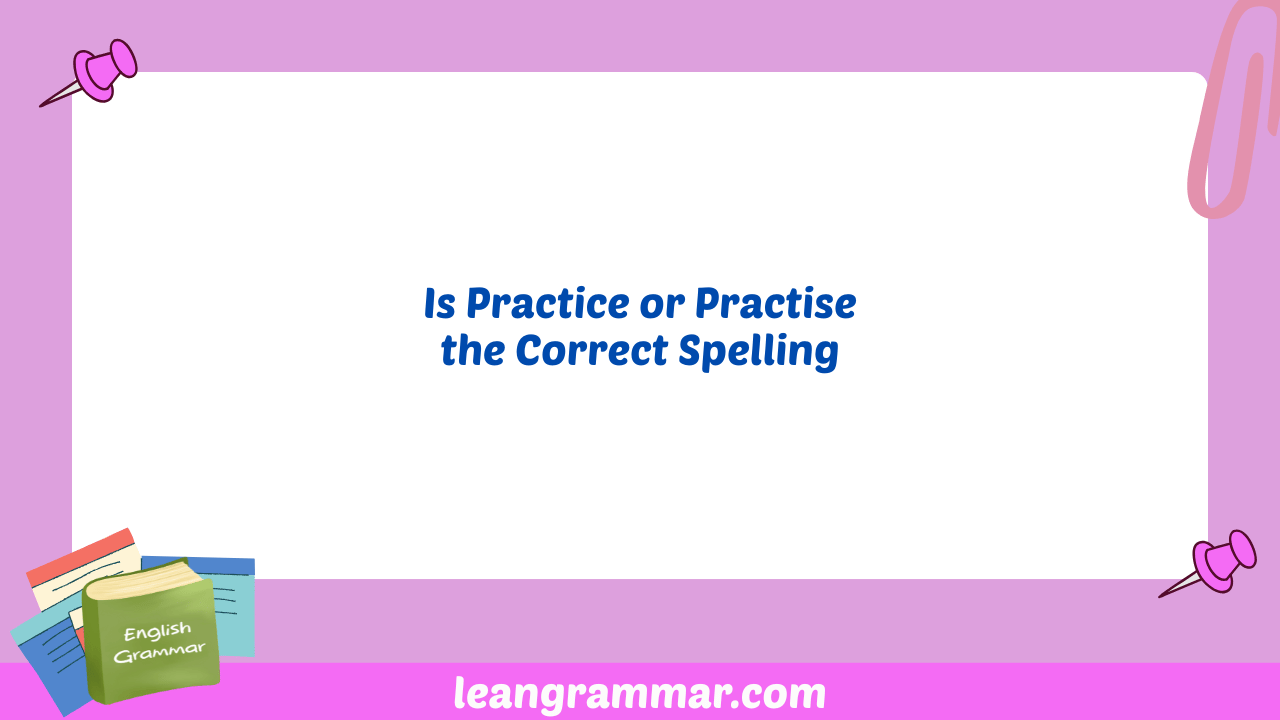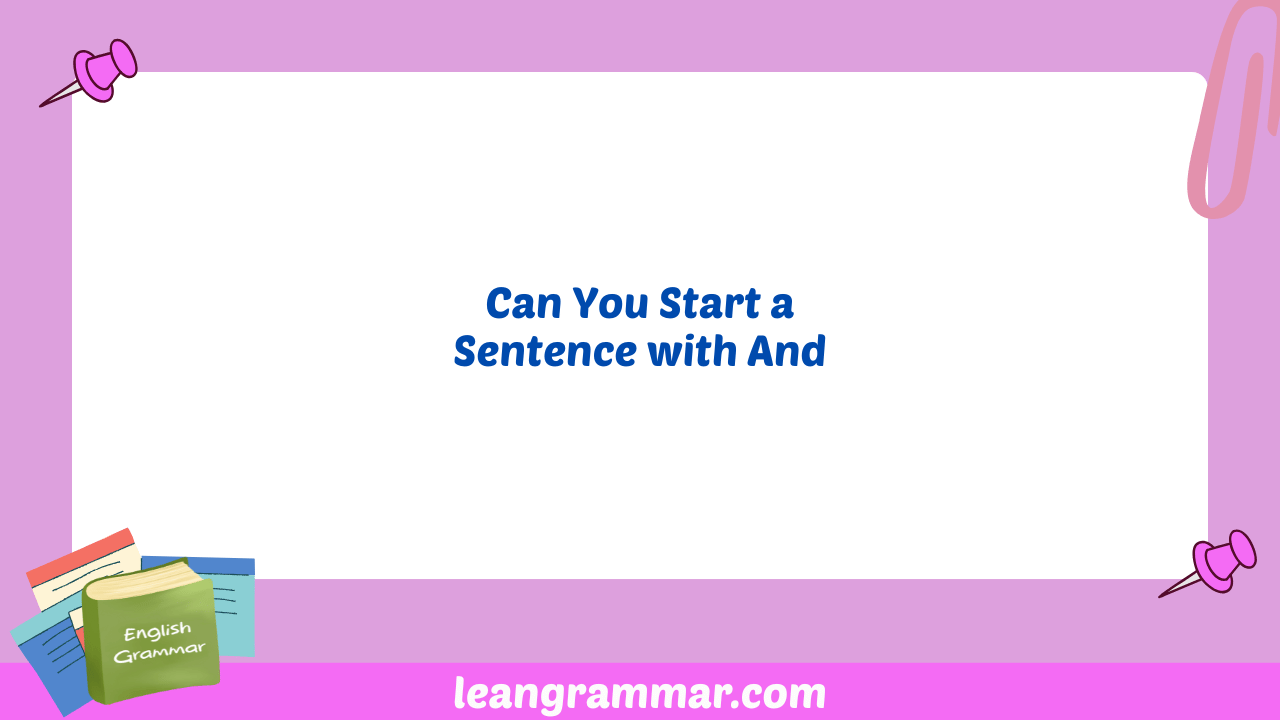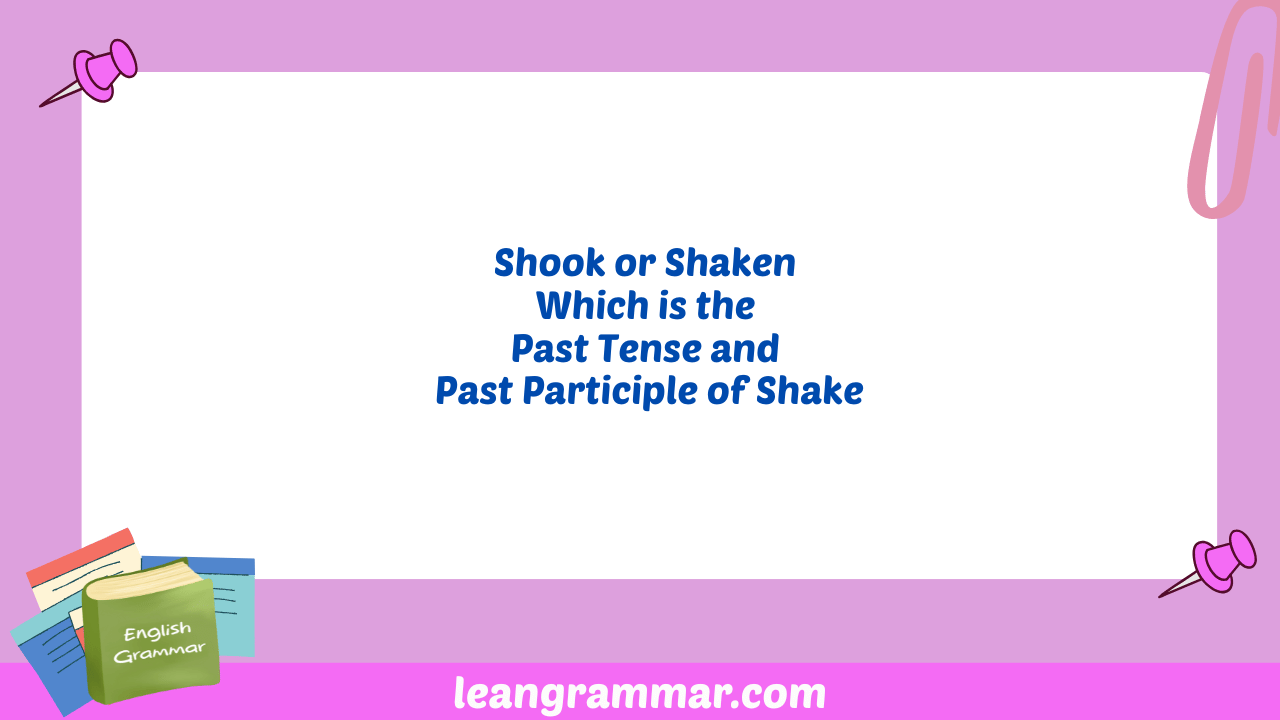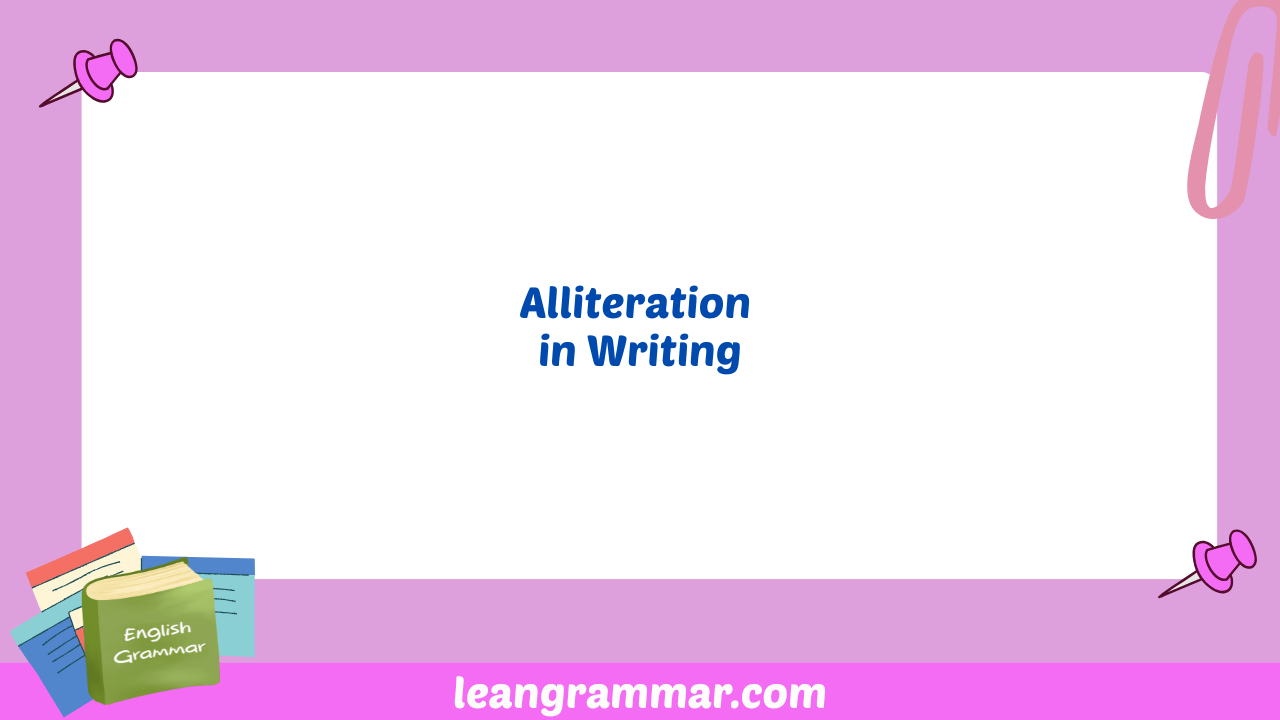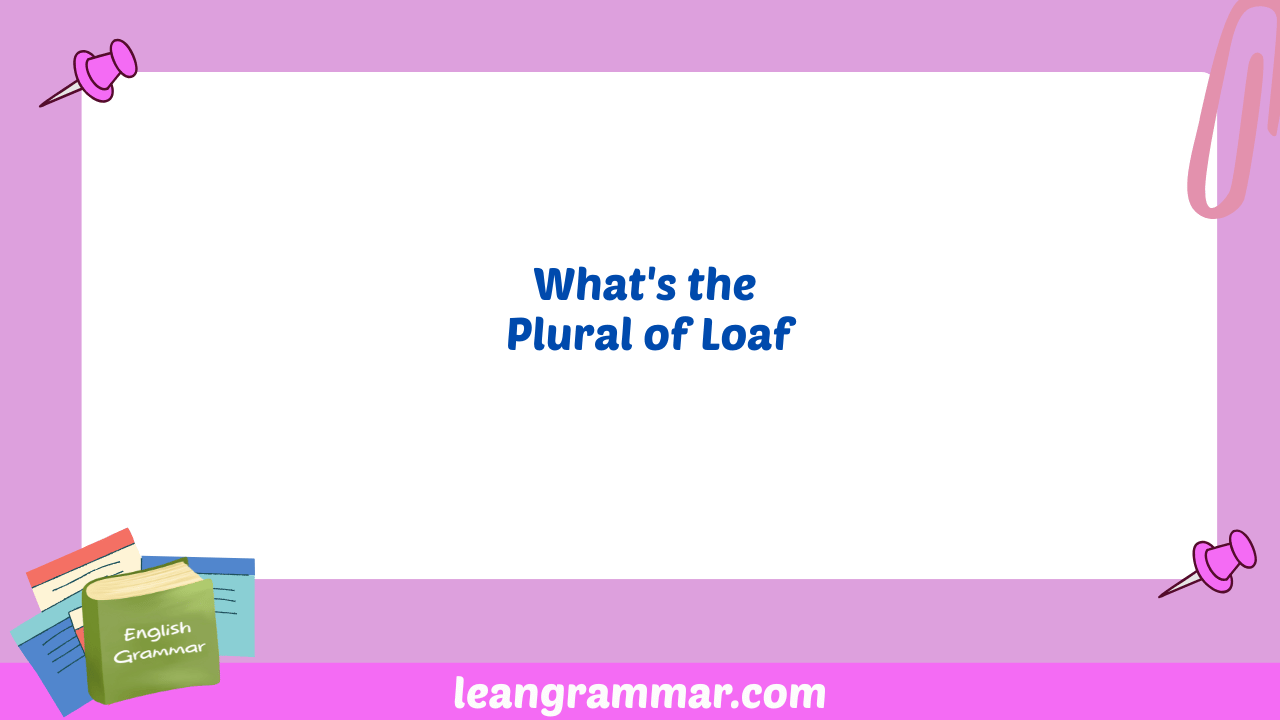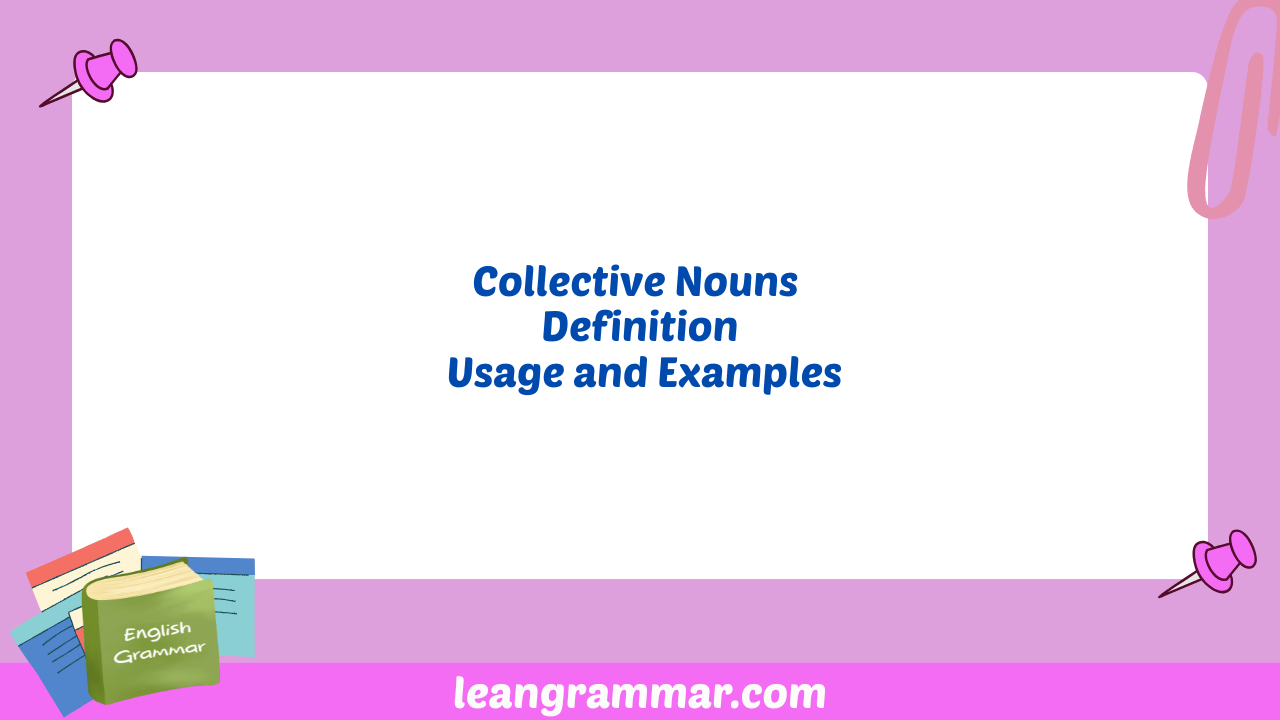Altogether vs. All Together: Mastering Correct Usage
Understanding the difference between “altogether” and “all together” is crucial for clear and precise English communication. These two phrases, though similar in appearance, have distinct meanings and uses. Mastering their nuances will not only improve your writing accuracy but also enhance your comprehension of written and spoken English. This article provides a comprehensive guide to … Read more
